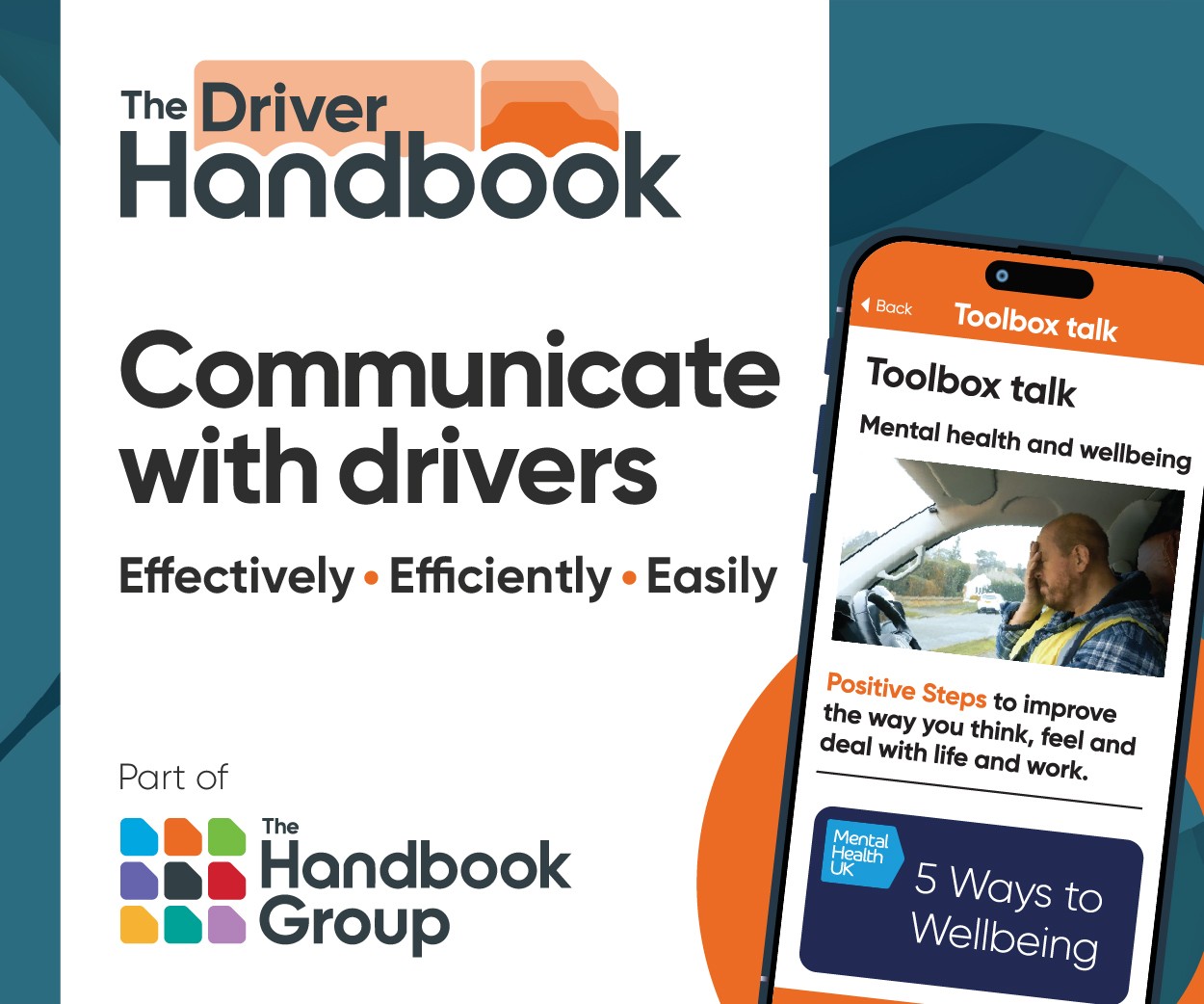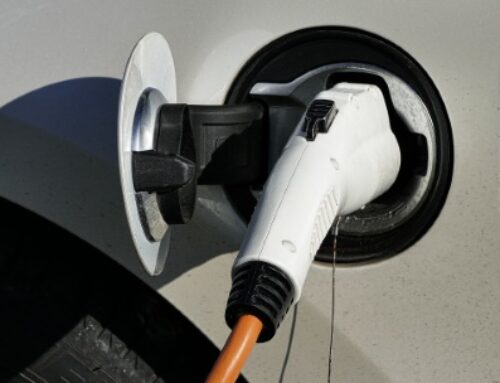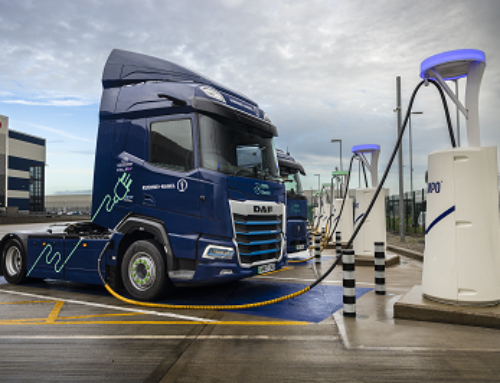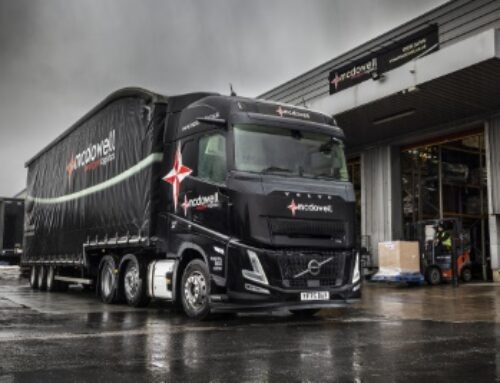No to annual test relaxations for Earned Recognition
 The Department for Transport (DfT) has revealed the outcome of its review into whether the HGV and PSV annual testing regime should be relaxed for members of the Earned Recognition scheme – and has concluded that there should be no change to the status quo.
The Department for Transport (DfT) has revealed the outcome of its review into whether the HGV and PSV annual testing regime should be relaxed for members of the Earned Recognition scheme – and has concluded that there should be no change to the status quo.
Earned Recognition (ER) is the scheme that allows fleet operators to regularly share key compliance data with the Driver & Vehicle Standards Agency (DVSA) such as drivers’ hours and maintenance records. In return, these fleets are subject to fewer roadside inspections among other benefits.
The DfT had sought opinion from industry on four options – namely whether it should: (1) increase the time between vehicle tests for ER operators to longer than 12 months; (2) allow ER operators to test their own vehicles and trailers via a delegated testing route; (3) introduce a streamlined test with reduced content for ER operators, removing some items covered routinely by inspections or in-vehicle monitoring; and (4) focus DVSA’s own service improvements on ER operators, such as with guaranteed access to ATF slots.
But the department has now determined that the analysis it has conducted “has not provided a strong case for options 1 or 2 that would outweigh potential safety impacts or other considerations”.
As a result, it said, “The testing requirement for ER operators will remain the same. There will be no delegation to allow ER operators to test their vehicles.”
In addition, a lack of support in the call for evidence for option 3 meant it was not subject to further analysis; and DfT said that DVSA had already provided “considerable improvements to its service provision (in line with option 4) for all operators”.
Logistics UK warned that the decision not to allow ER operators to perform their own annual tests would be met with disappointment and frustration from scheme members.
“Delegated testing has always been the main incentive in which operators were encouraged to adopt the Earned Recognition scheme, so for the government to dismiss the option out of hand is hugely disappointing and frustrating,” said Logistics UK’s head of engineering policy Phil Lloyd.
“The industry is united that delegated testing would deliver flexibility and efficiencies for transport operators without compromising safety, and the expectation has always been that self-certification would operate at a standard significantly higher than the voluntary arrangements currently found in the maintenance sector.
“The promised benefits of Earned Recognition need to materialise soon, and Logistics UK will continue working with the DfT and DVSA to support the initiative, but decisions like this will make the scheme less attractive for operators.”
The Road Haulage Association (RHA) said the decision was “frustrating” and “a missed opportunity”.
“Delegated testing was seen as the crown jewel of potential ER benefits,” said the association in a news bulletin on its website.
“It would have allowed accredited operators to conduct their own annual vehicle tests. This would have: reduced operational downtime by allowing tests to be scheduled around fleet availability; lowered administrative burdens by streamlining compliance processes; rewarded high-performing operators with tangible, cost-saving incentives; [and] reduced the burden on the DVSA for testing capacity.
“For many, this was the incentive that justified the investment in ER compliance systems and data reporting infrastructure.”
The RHA said the benefits ER members still enjoyed were “not insignificant” but that “for many, they fall short of the transformative potential that delegated testing represented”.
It added: “if the scheme is to retain its appeal, future incentives must be meaningful.”













